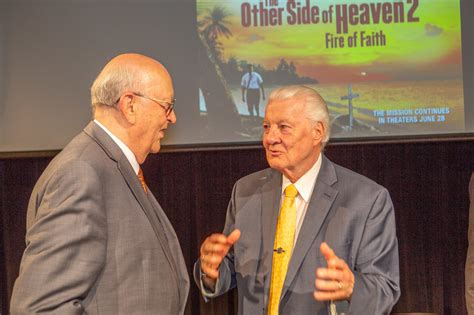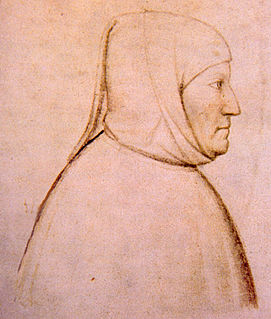A Quote by Lance B. Wickman
One of the great sophistries of our age, I think, is that merely because one has an inclination to do something, that therefore acting in accordance with that inclination is inevitable. That's contrary to our very nature as the Lord has revealed to us. We do have the power to control our behavior.
Related Quotes
Extremes are for us as though they were not, and we are not within their notice. They escape us, or we them. This is our true state; this is what makes us incapable of certain knowledge and of absolute ignorance... This is our natural condition, and yet most contrary to our inclination; we burn with desire to find solid ground and an ultimate sure foundation whereon to build a tower reaching to the Infinite. But our whole groundwork cracks, and the earth opens to abysses.
The thing that all of us should strive for is to so live, keeping the commandments of the Lord, that He can answer our prayers. If we will live worthy, then the Lord will guide us - by a personal appearance, or by His actual voice, or by His voice coming into our mind, or by impressions upon our heart and our soul. And oh, how grateful we ought to be if the Lord sends us a dream in which is revealed to us the beauties of the eternity or a warning and direction for our special comfort. Yes, if we so live, the Lord will guide us for our salvation and for our benefit.
The very fact that the planet is probably unsustainable with all that we've done to it and are doing to it, it's an appalling piece of evidence. It shows our complacency, our lack of passion or inclination to be authentic and really understand our true values. It's consistently depressing, but nevertheless, we carry on.
I also came to see that liberalism's superficial optimism concerning human nature caused it to overlook the fact that reason is darkened by sin. The more I thought about human nature the more I saw how our tragic inclination for sin causes us to use our minds to rationalize our actions. Liberalism failed to see that reason by itself is little more than an instrument to justify man's defensive ways of thinking. Reason, devoid of the purifying power of faith, can never free itself from distortions and rationalizations.































